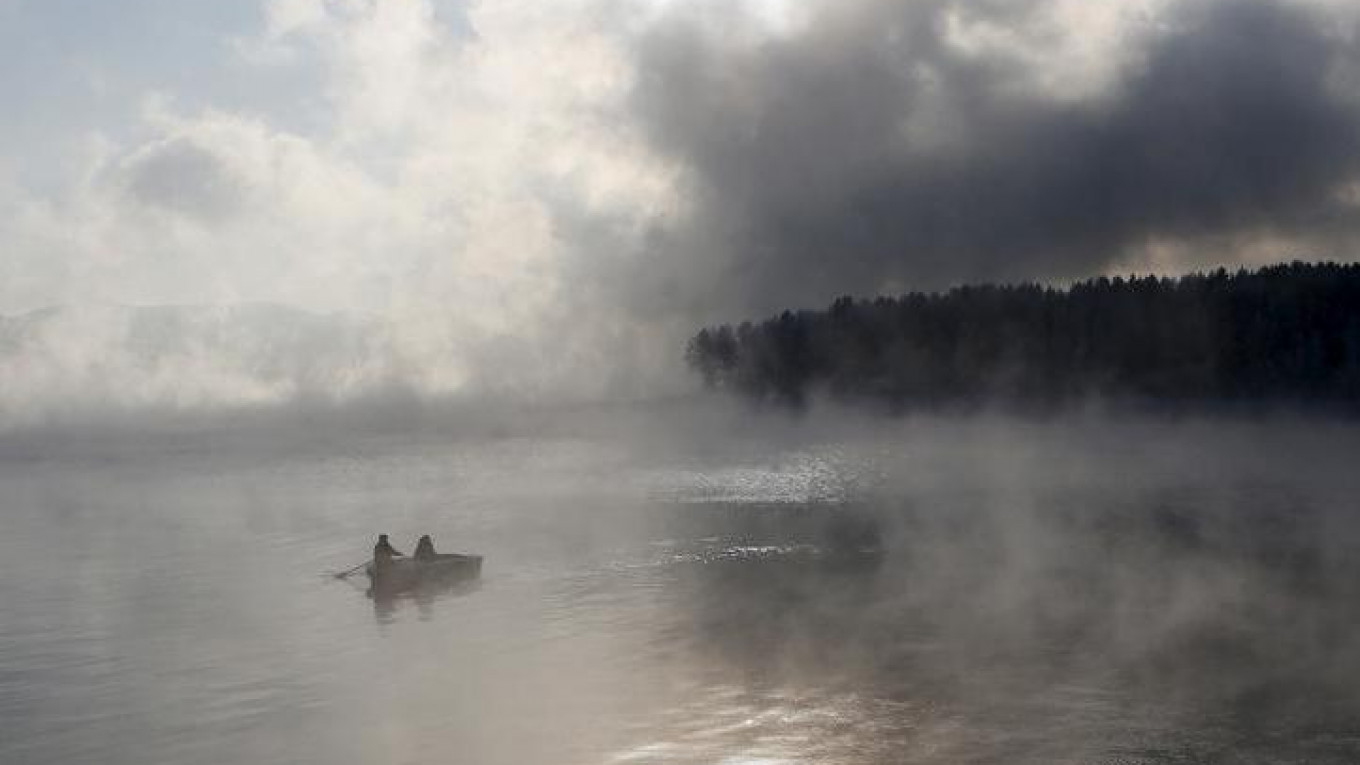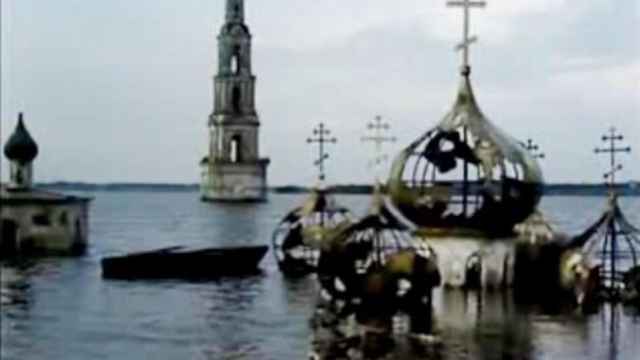The U.S. State Department is once again the recipient of rotten tomatoes from state media after it criticized the Russian authorities’ failure to address human trafficking in a non-existent city.
In its Trafficking in Persons Report, the Department noted that “a homeless shelter run by the Russian Orthodox Church in Kitezh began accepting trafficking victims and offered them food and housing, though not medical or psychological care.”
“The [Russian] government did not provide financial support for the shelter,” it added.
Russian state media like the RT channel were quick to point out that Kitezh does not actually exist and is Russia’s version of “Atlantis.”
According to Russian legend, a prince founded Kitezh in the early 13th century, but the town swiftly met its end after a Mongol invasion. The entire city chose to sink into the lake rather than submit to its invaders — in an act of self-destruction that is not unprecedented in Russia’s military history.
Kitezh has often been featured in Russian classical culture including Nikolai Rimsky-Korsakov’s early 20th century opera, “The Legend of the Invisible City of Kitezh and the Maiden Fevroniya.”
It is likely that the U.S. State Department’s report was referring to a shelter run by the Russian Orthodox Church called “Kitezh” in the village of Milyukovo close to Moscow. Perhaps the State Department mistook the shelter’s name for its location, surmised RT.
The occurrence with the report isn’t the first time the city has been a source of confusion.
In German filmmaker Werner Herzog’s 1993 documentary “Bells from the Deep; Faith and Superstition in Russia,” devout pilgrims can be seen crawling on the ice-covered lake under which the city is said to lie.
Herzog later revealed that the scene was actually staged, and the supposed pilgrims were local hired drunks from a nearby town.
A Message from The Moscow Times:
Dear readers,
We are facing unprecedented challenges. Russia's Prosecutor General's Office has designated The Moscow Times as an "undesirable" organization, criminalizing our work and putting our staff at risk of prosecution. This follows our earlier unjust labeling as a "foreign agent."
These actions are direct attempts to silence independent journalism in Russia. The authorities claim our work "discredits the decisions of the Russian leadership." We see things differently: we strive to provide accurate, unbiased reporting on Russia.
We, the journalists of The Moscow Times, refuse to be silenced. But to continue our work, we need your help.
Your support, no matter how small, makes a world of difference. If you can, please support us monthly starting from just $2. It's quick to set up, and every contribution makes a significant impact.
By supporting The Moscow Times, you're defending open, independent journalism in the face of repression. Thank you for standing with us.
Remind me later.






